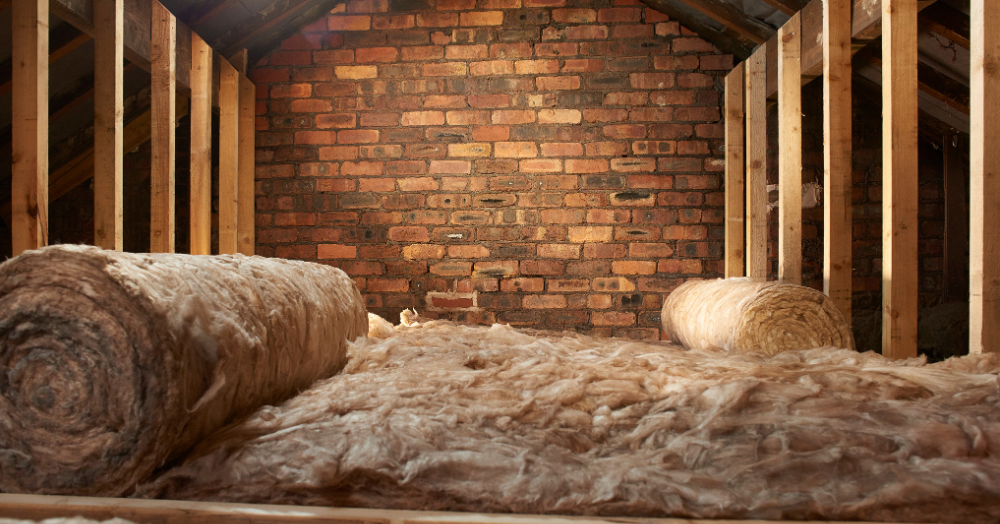The government previously announced plans to increase Minimum Energy Efficiency Standards (MEES) in the private rented sector in an EPC rating of a C - so where are we with it?
The government is reported to be pushing the deadline back from the April 2025 deadline on new tenancies. This delay would aim to reduce pressures on the housing market. At the same time, the government has said that the system of energy performance certificates needs "fundamental reform".
What are the existing proposed changes to Minimum Energy Efficiency Standards?
In 2020, the government announced plans to increase minimum energy efficiency standards (MeeS) for the Private Rented Sector.
The original proposals outlined that private rented properties would need to have an EPC rating of C or more by 2025 on new tenancies, and 2028 for existing tenancies. However, this may now be delayed.
When will the increased standards be introduced?
We are not sure! The government has indicated that its plans will be pushed back - although the industry awaits confirmation on how much more time it will get.
Are landlords ready for the change?
Data from Mortgage Solutions shows that the energy efficiency of properties available on the rental market is slowly improving, with a 16% increase on the number of properties with an EPC C rating or above since January 2019. At the same time, the number of rental properties with EPC ratings D to G dipped by 11%. This shows that landlords are either making the necessary upgrades - or being more selective in where they're investing their money.
Sixty-one percent of landlords also now say that they wouldn't invest in a property with a rating below a C. This demonstrates a shift in prioritisation and an understanding of tenant appetite for this rating.
Will the new minimum standards be included in the Decent Homes Standard?
The standard is expected to come into play alongside the Renters (Reform) Bill. The consultation proposals state that homes must provide "a reasonable degree of thermal comfort" under criterion D. The House of Commons Committee report on Reforming the Private Rented Sector has recommended that "the MEES be incorporated into criterion D" of the Decent Homes Standard.
What should landlords and agents be doing to prepare?
The current government guidance for meeting the existing MEES rules suggests a list of potential upgrades that landlords can consider, with their associated average costs. These include internal or external wall insulation, draught proofing, solar panels, and so on.
The government is expected to confirm a cap of £10,000 on the cost of upgrades, with landlords able to apply for an exemption if the works surpass this limit.

